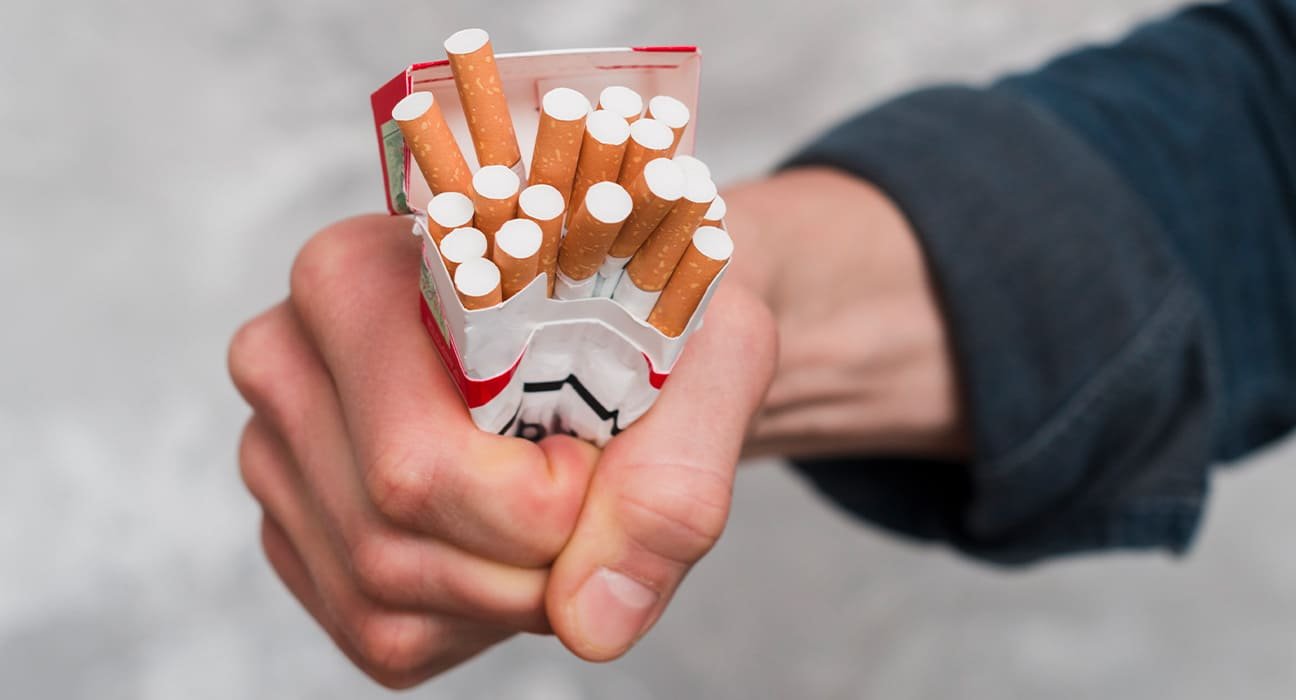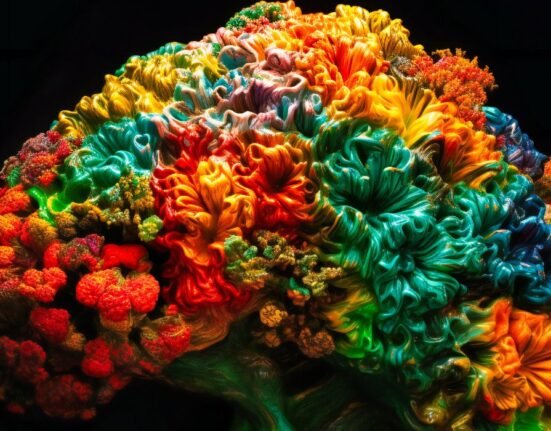Addiction can have a serious negative effect on your relationships, general quality of life, and health. It can be categorized as a disease; a chronic condition that doesn’t escalate because of ‘lack of willpower’ or lack of self-control, but due to changes in brain chemistry during addiction.
Read More: The Psychology Behind Self-control
Even though many people think that addiction is relatively similar to choice, it is, in fact, a lot like other diseases, for example, heart disease. Both of these make some abnormal and unhealthy changes in the function of an organ in the body, both are dangerous to causing distressing detrimental impacts and are in many cases, preventable if detected early enough as well as can be effectively managed. If this condition is not treated, it can last lifelong and possibly become fatal.
How Addiction Starts
When people use a drug for the first time, they often form opinions about its positive effects. They also may feel more in control of their use. However, just as drugs can become an obsession within a few weeks, they can also take over a person’s life. In the long run, other things formerly enjoyed are no longer as enjoyable, and the individual requires the drug simply to feel usual or help them cope with their day-to-day activities.
They struggle to stop taking the drugs even though it negatively impacts their lives and the lives of close ones. Certain individuals might begin experiencing a desire to consume more of a substance or use it in larger doses, even if it means resorting to criminal activities to obtain it.
Symptoms
- Vomiting
- Paranoia
- Hallucinations
- Extreme agitation
- Anxiety
- Elevated blood pressure
- Sense of euphoria
- Financial difficulties due to the consumption of substances
- Changes in energy levels
- Affect on sex drive
- Relationship/family problems
- Finds it difficult to cut down on the substance;
- spend most of their time using it and consume it in large quantities to achieve the ‘high’ feeling.
How to help someone cope with Addiction
Alcohol dependency is one example of this and is often a debilitating disease that affects many people across the globe. Whether it is an abuse of alcohol, illicit substances, opioids or prescription drugs or other compulsive behaviours like gambling and gaming, the effect on the parties involved is severe. In this article, I will identify areas where a person could get confused and distressed if someone they loved was battling substance use. However, adapting to the situation, here are some measures that can be taken to help the needy and assist them to find his or her way back.
Read more: Addiction Reconceptualized
Recognizing addiction as a disease
It is important to remember that addiction of any type is a brain disorder that requires medical and psychological treatment. Being aware of the severity of the situation of the person can help you to find better resources to provide them.
Setting boundaries
When you observe the person you love engaging in an activity that negatively impacts their health, you may feel very annoyed with them. If that person is engaging in substance abuse or alcohol consumption, you may, for your own good, sometimes avoid being in that person’s vicinity. But avoid making them feel like outcasts or that they don’t belong in society, as this can cause them to feel shame and avoid seeking help when needed. In addition, after they get into the recovery process, It is right to open up with them again but at your own convenience time. Ask how substance misuse became a normal part of their lifestyle and how you can assist them.
Read More: The Integral Role of Rehabilitation Psychology
Be patient and supportive
Recovering from addiction is a lengthy and involved process. Remind the patient that it will take time and may require some backtracking at times. In their moments of achievement, offer them compliments, even for minor accomplishments, and provide support when they are feeling discouraged. Influence a positive environment by removing hinges that might lead to substance consumption or addictive practices. Build up healthy and constructive pursuits in place of the substance consumed to divert their attention from the substance.
Listen more instead of Advising
A person dealing with addiction needs someone who can listen to their problems instead of judging and advising ignorantly. if they try to confide in you about their addiction, do not cut them short or act judgemental. You should talk to them as any other individual without the addiction; do not single them out or judge them based on their substance use. Keep in mind that they are human beings like every other person who has preferences, beliefs, and something that he/she would like to have.
Encourage treatment
Encouraging them to participate in treatment is crucial, but it’s important to recognize that seeking treatment is a personal choice. Suggest to help them find an appropriate treatment to choose, for example, some type of therapy, self-help or a rehabilitation facility. It would be helpful to have some knowledge and documents on hand which will facilitate matters for them.
Be Mindful in the case of Relapse
Relapse is a relatively frequent occurrence in addiction recovery for those who suffer from the disease. If your loved one has a relapse, never give up on him or her and encourage him or her to get back to the doctor. To sum up, it is possible to state that the effectiveness of the identified strategies can be improved through reflecting on the prior experience and making necessary modifications.
Read More; Narratives around the life in Rehabilitation
Supporting a person with addiction issues calls for understanding, time, and priority. That’s why informing, expressing concern, and encouraging treatment are effective ways to provide valuable support. Awareness of boundaries, taking care of oneself, and creating the right atmosphere are all a part of the process of assisting the individual in the process of recovery. Finally, your constant encouragement of this prospect and the confidence that you have in their capacity to recover will go a long way in helping him/her to regain a healthier and free-from-addiction lifestyle.
Further Reading +
- Professional, C. C. M. (n.d.). Addiction. Cleveland Clinic. https://my.clevelandclinic.org/health/diseases/6407-addiction
- Buffo, J. (2023, October 4). Types of Drug Addiction therapy | Oxford Treatment Center. Oxford Treatment Center. https://oxfordtreatment.com/addiction-treatment/therapy/
References +
- O’Driscoll, C. (2017). Working with Clients with Addiction: What Psychologists Need to Know. ResearchGate. https://www.researchgate.net/publication/322861755_Working_with_Clients_with_Addiction_What_Psychologists_Need_to_Know
- Baharudin, D. F., Zakaria, Z., Hussin, A. H. M., & Ahmad, Z. A. (2012). The Experiences of Family Support by People in Recovery from Drug Addiction. ResearchGate. https://www.researchgate.net/publication/280216298_The_Experiences_of_Family_Support_by_People_in_Recovery_from_Drug_Addiction
- Afolabi, M. O. S., & Umukoro, S. (2016). Addiction. In Springer eBooks (pp. 30–38). https://doi.org/10.1007/978-3-319-09483-0_6
- https://www.researchgate.net/publication/375975138_What_Are_Possible_Solutions_to_Addiction_A_Focus_on_Psychology_and_Biology













Leave feedback about this